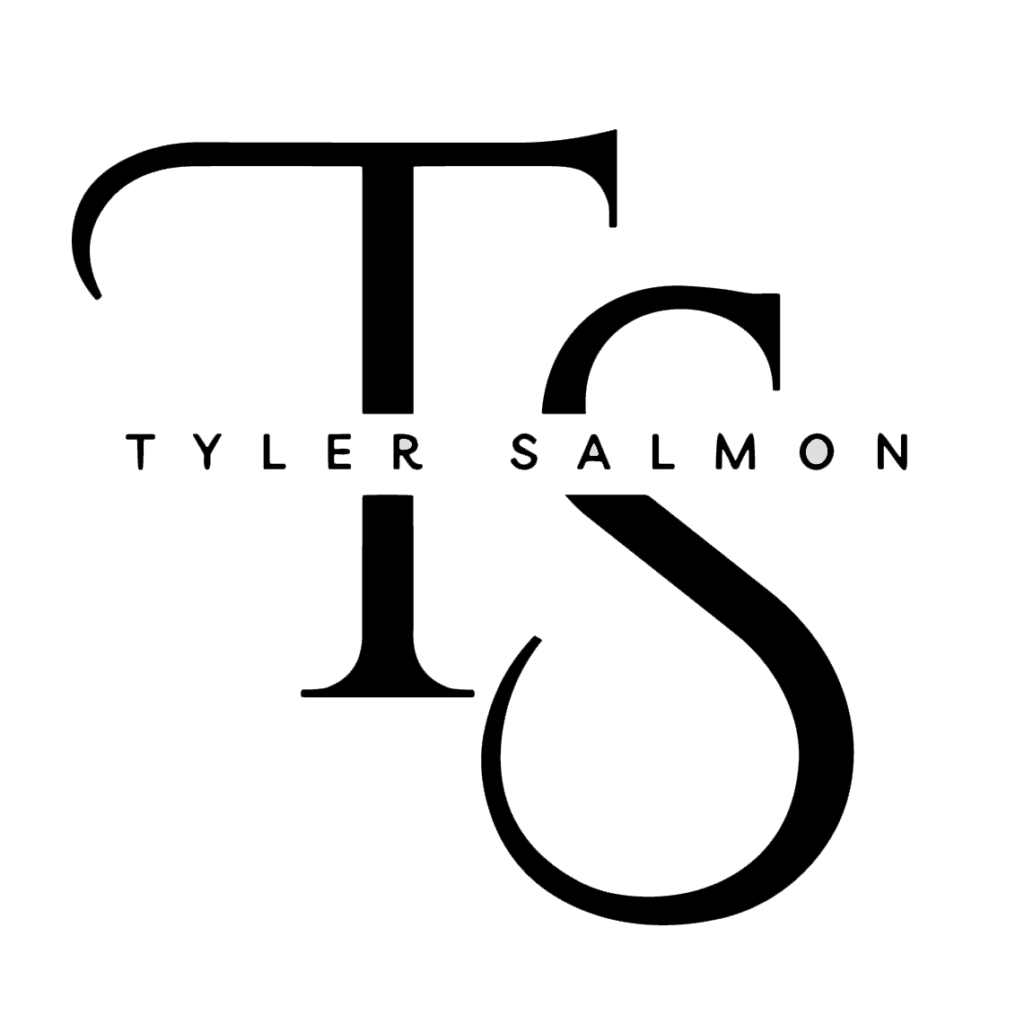Tailored Mortgage Solutions for Everyone
We combine an easy-to-use digital mortgage process with 1st class service to ensure a seamless, personalized mortgage application for clients in Ontario and Alberta.
Trusted by 70+ leading lenders

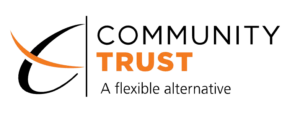



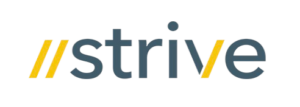
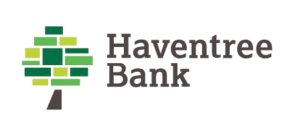
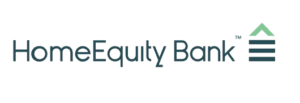

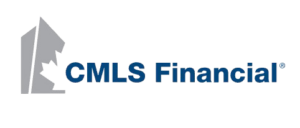
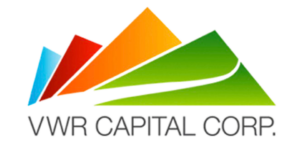
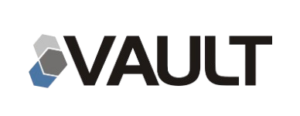
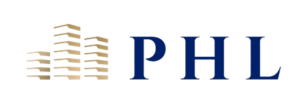
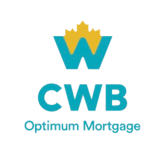
Our process puts you in control
Convenient online access makes it easy to achieve your financial and homeownership goals.
Apply Online
Get A Quote
Choose Your Loan
Get Approved
Meet Tyler
We believe in transparency and honesty. We’ll provide you with clear and upfront information about your loan options and the costs associated with each. We’ll also keep you informed throughout the process, so you’ll always know what’s happening with your loan.
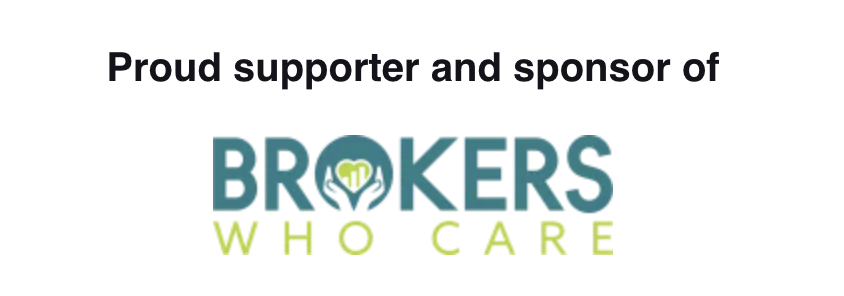
Tailored Mortgage Solutions

Home Purchase Loans
Offering a variety of options for purchasing a home including conventional, insured, and first-time home buyer programs. These options are designed to support different borrower needs and financial situations.
Refinancing Solutions
Provides options to refinance existing mortgages, helping homeowners adjust their interest rates and terms or
access equity through cash-out refinancing.
Self-Employed Programs
Designed for self-employed
individuals, offering flexible income verification alternatives.
Alternative and Private Lender Programs
Offering mortgage options for borrowers with non-traditional income sources, borrowers with credit challenges, or those previously declined by their bank ensuring broader accessibility to home financing.
Mortgage Renewal
Have a mortgage renewal approaching? Review your options to ensure you obtain the best mortgage rate and term available at the time of your mortgage renewal.
Loan Programs for Investors
Catering specifically to real estate investors, these programs offer financing solutions for investment properties, including rental and resale ventures.
Estimate Your Monthly Payments
Understanding your potential mortgage payments is a crucial step in the home-buying process. Our easy-to-use Mortgage Calculator helps you estimate your monthly payments, so you can plan your finances with confidence. Simply enter your loan details and let our calculator do the rest.
1. Down Payment: Typically at least 5% of the purchase price is required, but for a
conventional mortgage (without mortgage insurance), 20% or more is needed.
2. Deposit: Paid to the seller or real estate agent upon acceptance of an offer, counting
towards your down payment.
3. Home Inspection Fee: A professional inspection (usually $300–$900) is recommended
to identify any potential issues.
4. Mortgage Default Insurance (CMHC Insurance): Required if the down payment is less
than 20%, this insurance protects the lender. Premiums can be added to the mortgage.
5. Provincial Sales Tax (PST) on Mortgage Insurance: In some provinces, the PST on
mortgage insurance premiums must be paid upfront.
6. Land Transfer Tax (LTT): Charged as a percentage of the purchase price, and it varies
by province. Some cities, like Toronto, have an additional municipal land transfer tax.
7. Legal Fees, Disbursements, and Title Insurance: Legal fees range from $500 to
$2,000, and title insurance protects against title fraud or errors. Disbursements cover
costs like registering the mortgage.
8. Other Closing Costs:
○ Property Insurance: Required by lenders to protect the property.
○ Property Tax Adjustment: If the seller has pre-paid taxes for the year, the buyer
might need to reimburse them for the portion covered after the closing date.
○ Utility Adjustments: Payments to adjust for prepaid utilities like water or gas.
9. Moving Costs: Include hiring movers, renting a truck, or paying for any cleaning or
renovations before moving in.
10. Appraisal Fee: Some lenders may require an appraisal of the property’s value, typically
costing $400–$800.
11. Interest Adjustment Costs: If the mortgage payment date doesn’t align with the closing
date, you may need to pay a partial interest amount.
12. Property Survey: Some lenders may ask for a current survey of the property, which
could cost between $500 and $2,000 if one isn’t available.
13. GST/HST on New Homes: If buying a new build, you may have to pay GST or HST,
though some rebates may apply.
For properties priced under $500,000, the minimum down payment is 5%. For homes between
$500,000 and $1,000,000, it’s 5% on the first $500,000 and 10% on the remaining amount. For
properties over $1,000,000, a minimum down payment of 20% is required.
UPDATE to insured criteria take effect December 15 2024
This means that homebuyers in Canada must meet the following requirements for their down
payment:
● 5% of the purchase price for the portion up to $500,000.
● 10% of the portion of the price between $500,000 and $1.5 million.
This structure helps keep the minimum down payment lower for first-time buyers or those
purchasing homes below $1.5 million.
If your down payment is less than 20%, you’ll need mortgage default insurance, which protects
the lender in case of default. This insurance is commonly known as CMHC insurance, but there
are other providers like Sagen and Canada Guaranty
A fixed-rate mortgage has an interest rate that remains the same throughout the term, offering
stability in payments. A variable-rate mortgage has an interest rate that fluctuates based on
the prime rate, meaning payments can change over time.
The mortgage term is the length of time your mortgage agreement is in effect. Terms usually
range from 6 months to 10 years, with 5 years being the most common. At the end of the term,
you’ll need to renew or refinance.
The amortization period is the total length of time it will take to pay off your entire mortgage,
usually 25 years for a standard mortgage. Longer amortizations (up to 30 years) are available
but typically require a larger down payment
Yes, but you may face a prepayment penalty, which could be based on either the interest rate
differential (IRD) or three months’ interest, depending on the lender and mortgage type.
Pre-approval is when a lender assesses your financial situation and conditionally agrees to
lend you a specified amount. This helps you know your budget when house hunting and may
lock in an interest rate for a set period.
Closing costs include legal fees, land transfer tax, appraisal fees, and other expenses. It’s
advisable to budget 1.5% to 4% of the purchase price for closing costs.
The mortgage stress test ensures that borrowers can still afford payments if interest rates increase. It requires qualifying at a higher interest rate—either the Bank of Canada’s qualifying
rate or your contracted rate plus 2%, whichever is higher.
Yes, this is known as porting a mortgage. It allows you to transfer your existing mortgage rate
and terms to a new property, subject to lender approval.
An open mortgage allows for full or partial repayment at any time without penalties, while a
closed mortgage typically has lower rates but restricts prepayments or comes with penalties.
Missing a payment can result in late fees, damage to your credit score, or, in extreme cases,
foreclosure. Some lenders offer options like mortgage payment deferral or “skip-a-payment”
programs.
Mortgage life insurance pays off your mortgage if you pass away. It is not mandatory, but some
homeowners choose it for peace of mind.
Have any questions? Don’t hesitate to reach us.
Ready to Get Started?
Book here using my calendar link below!
